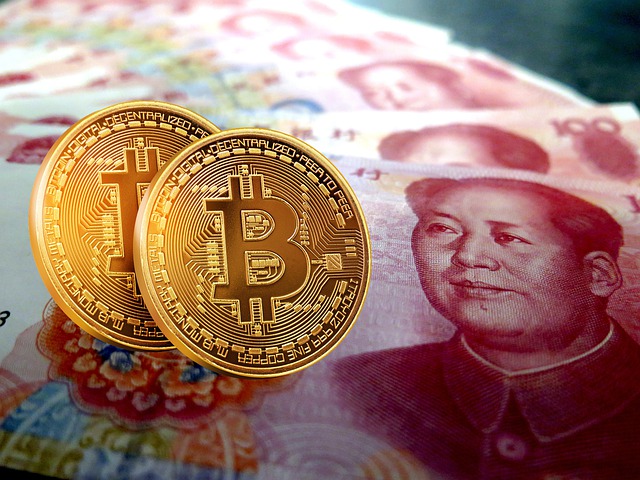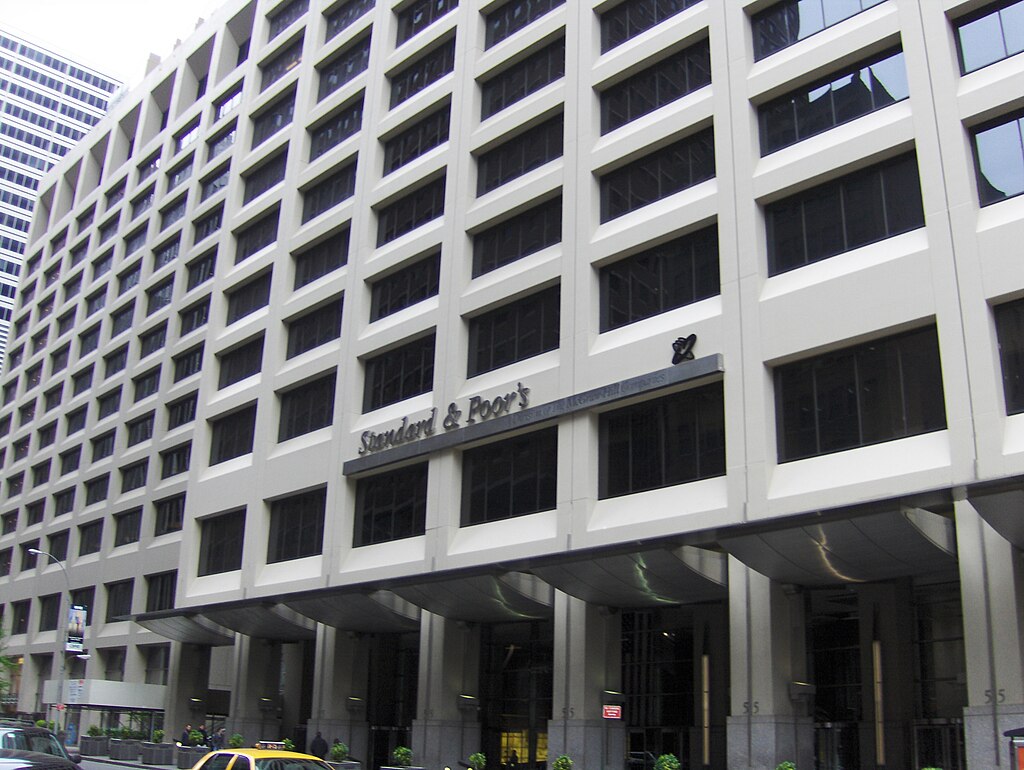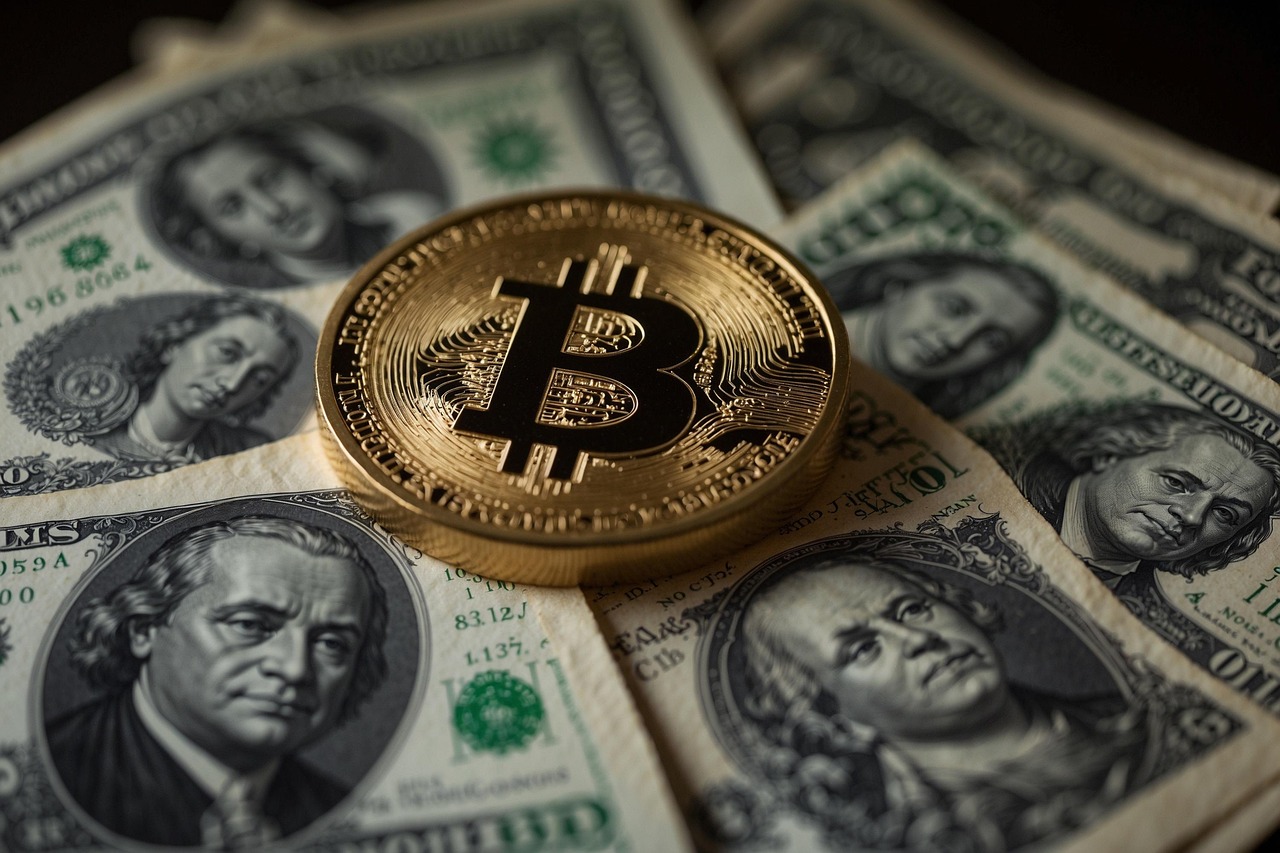Chinese police in Guangdong province reportedly froze several thousands of bank accounts that belong to cryptocurrency traders. The move was part of the authorities’ efforts to crack down on illicit activities but reports clarified that the frozen accounts are not necessarily involved in any wrongdoing.
Over 4,000 bank accounts have been frozen by Guangdong province authorities on June 4, according to Bitcoin.com. The accounts belong to over-the-counter cryptocurrency sellers and buyers in the country.
The frozen accounts are suspected of being involved in illicit activities such as money laundering. However, affected accounts would be unfrozen once investigators fail to find any evidence of involvement in illicit activities.
Recently, Chinese authorized have ramped up efforts to curb illicit activities such as cryptocurrency scams, gambling, and telecom fraud. As a result, police are freezing related bank accounts even those that do not have any trading activities for several months.
The police even took up lessons on-chain analysis and blockchain to learn how to trace crypto assets. The stablecoin tether (USDT) is reportedly used frequently in illicit activities according to authorities.
Authorities recently busted a major scam that used cryptocurrencies for money laundering. Scammers in Guangdong province’s Guangzhou City created a fake Huobi site which was used to defraud 3.5 million yuan ($494,944) from investors, according to Coinjournal. The site was also reportedly used to launder money from overseas.
One of the affected accounts belong Sun Xiaoxiao, a former employee of Bixin, a crypto wallet startup. He was among the first of the affected account holders who informed the public of the mass freezing of accounts via a Weibo post. He speculated that the incident might be connected to ongoing investigations into telecom frauds, casino businesses, and Ponzi scams.
“Now there are also OTC merchants who had their bank accounts frozen because of questions over the source of the coins they bought,” Sun wrote. “That means, besides ‘dirty money,’ there are also ‘dirty coins circulating’.” Sun also said that USDT eclipsed Bitcoin and is now the most popular choice for transfers.
The People’s Bank of China (PBOC), the country’s central bank, is also involved in the crackdown on money laundering. Working with the police and local financial bureaus, PBOC has investigated several crypto startups in recent years. Its efforts resulted in the closures of cryptocurrency exchanges in September of 2017.

























Comment 3